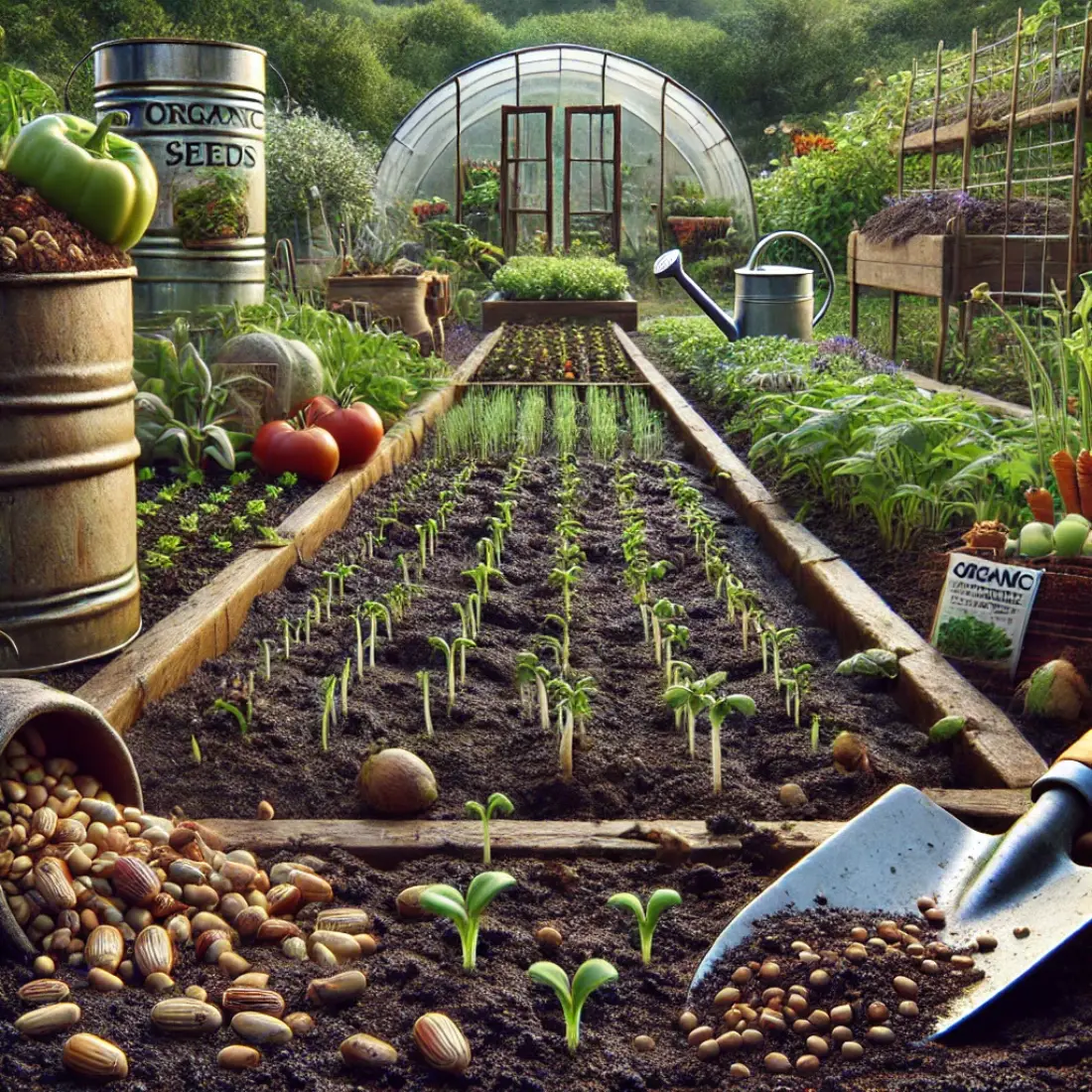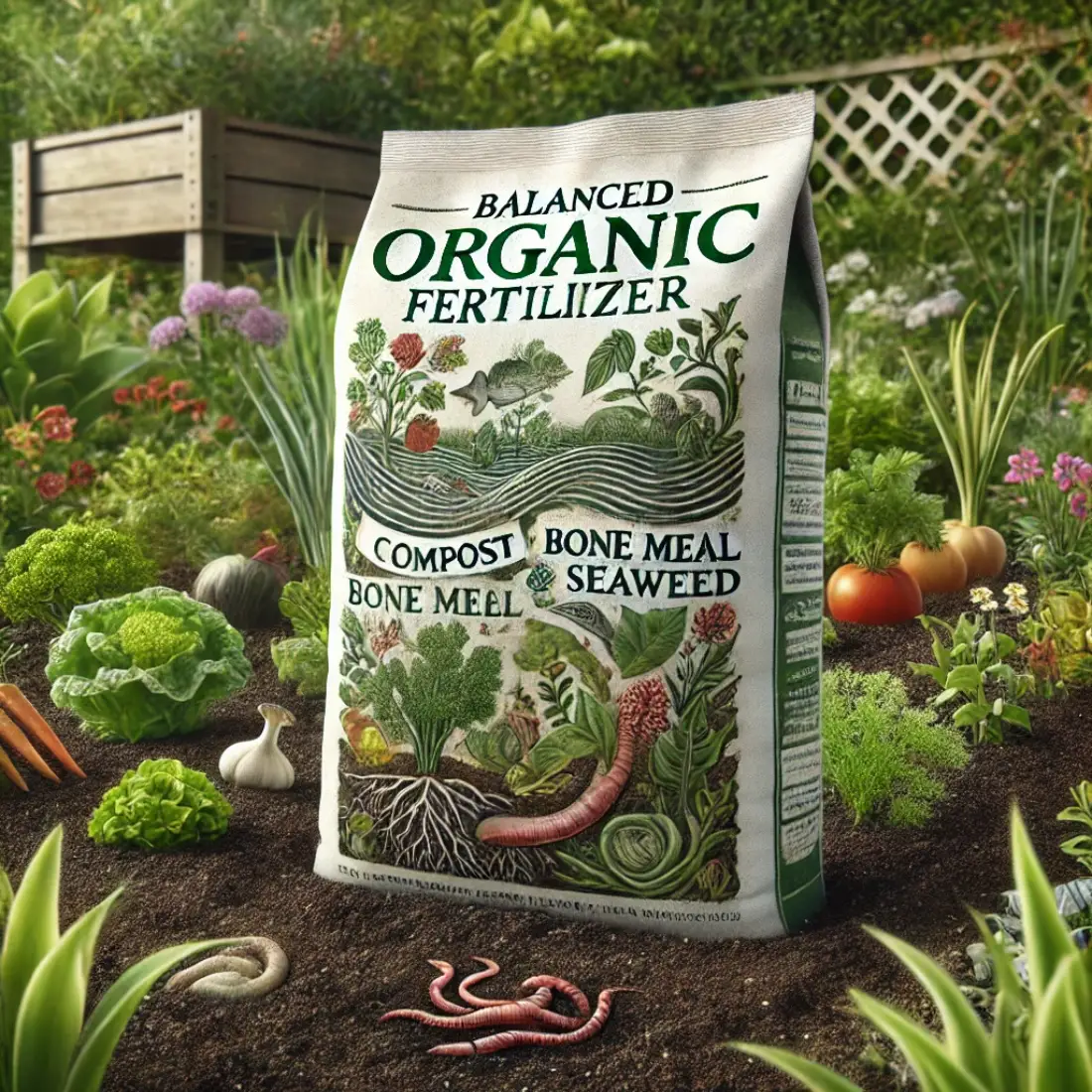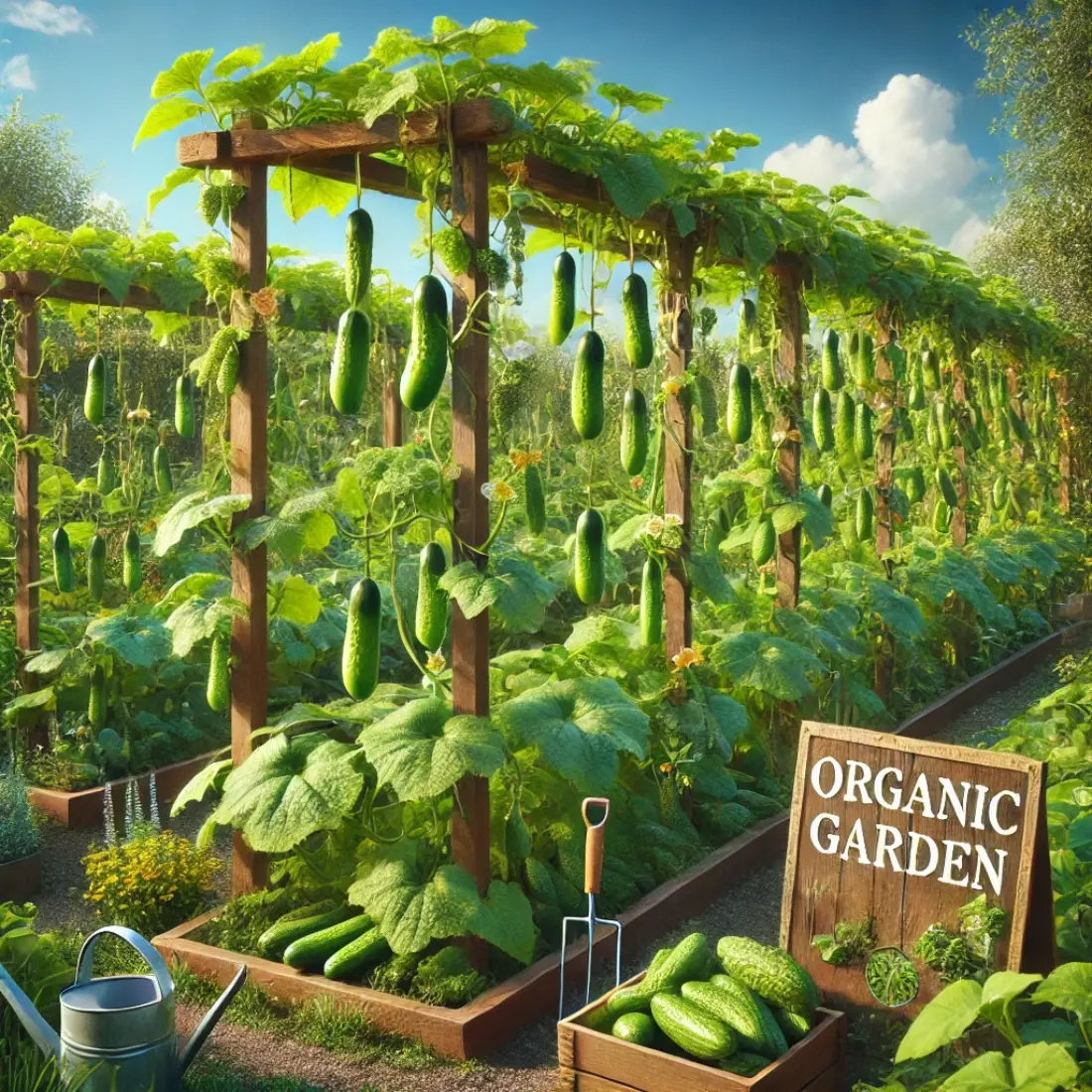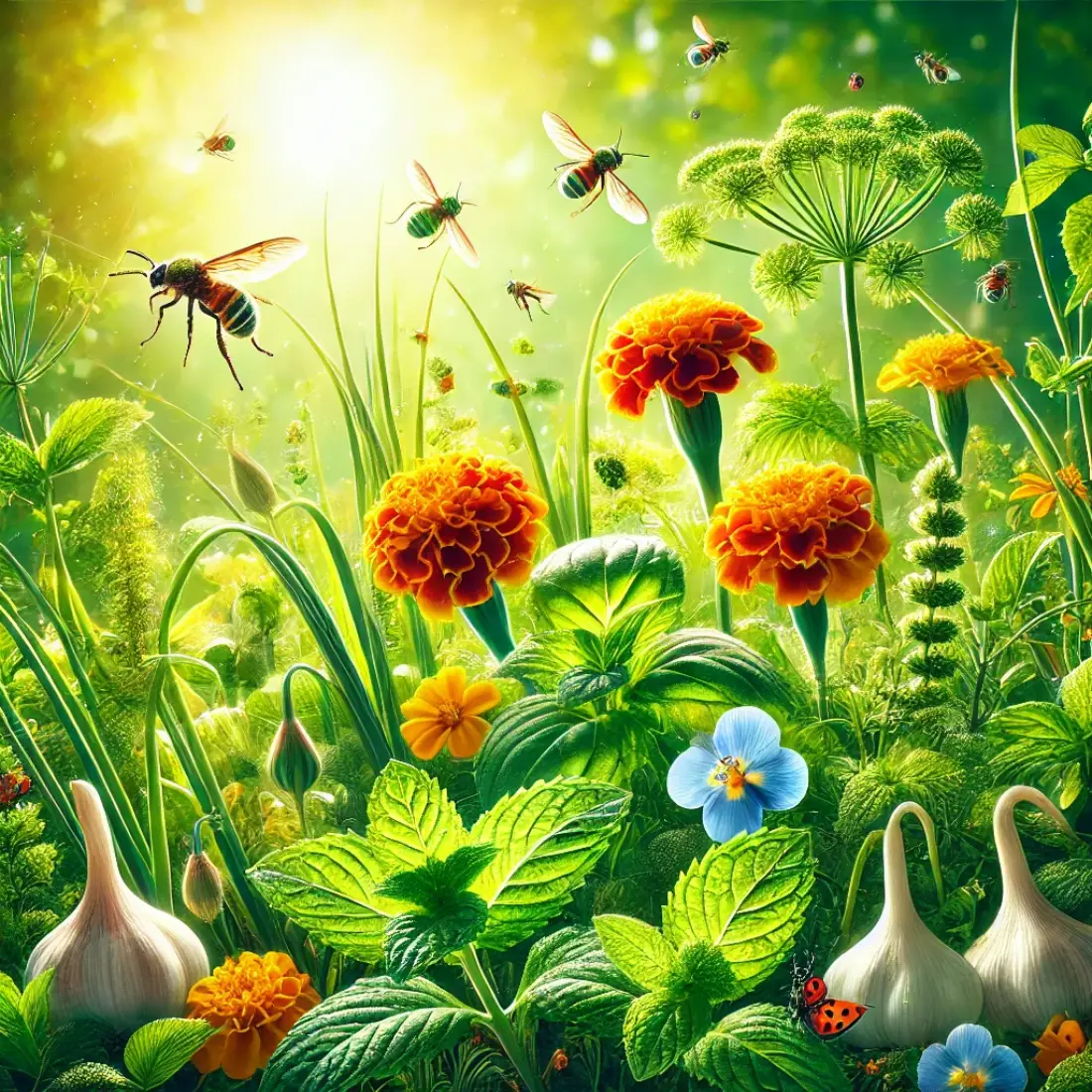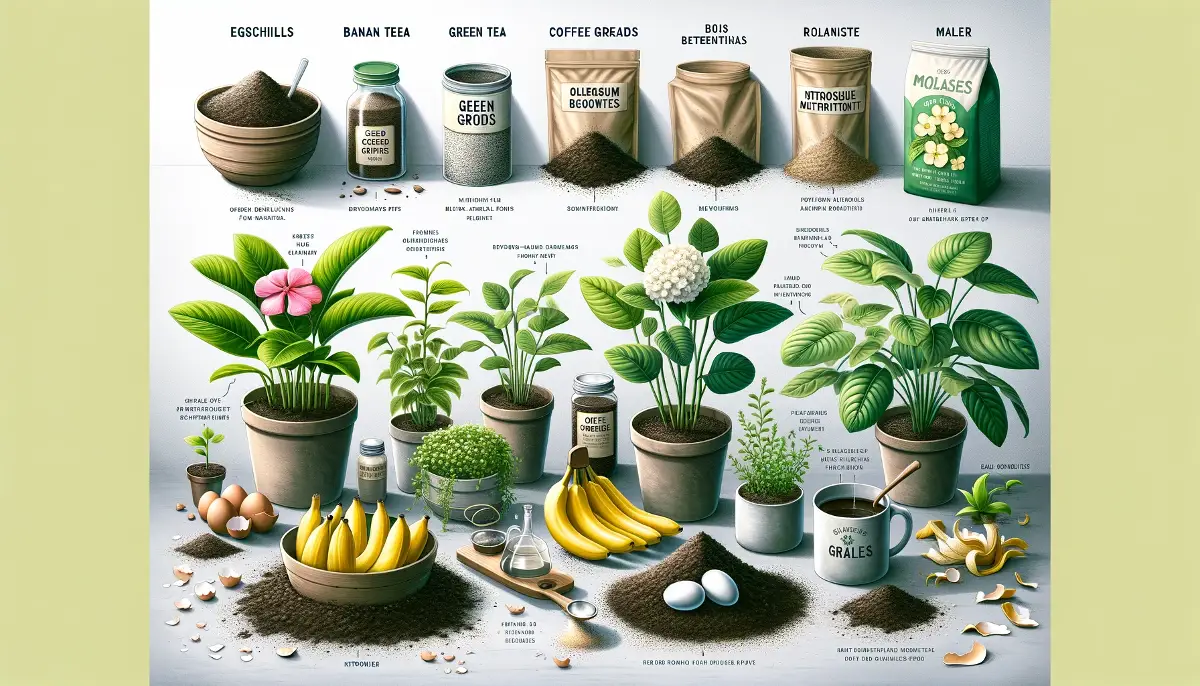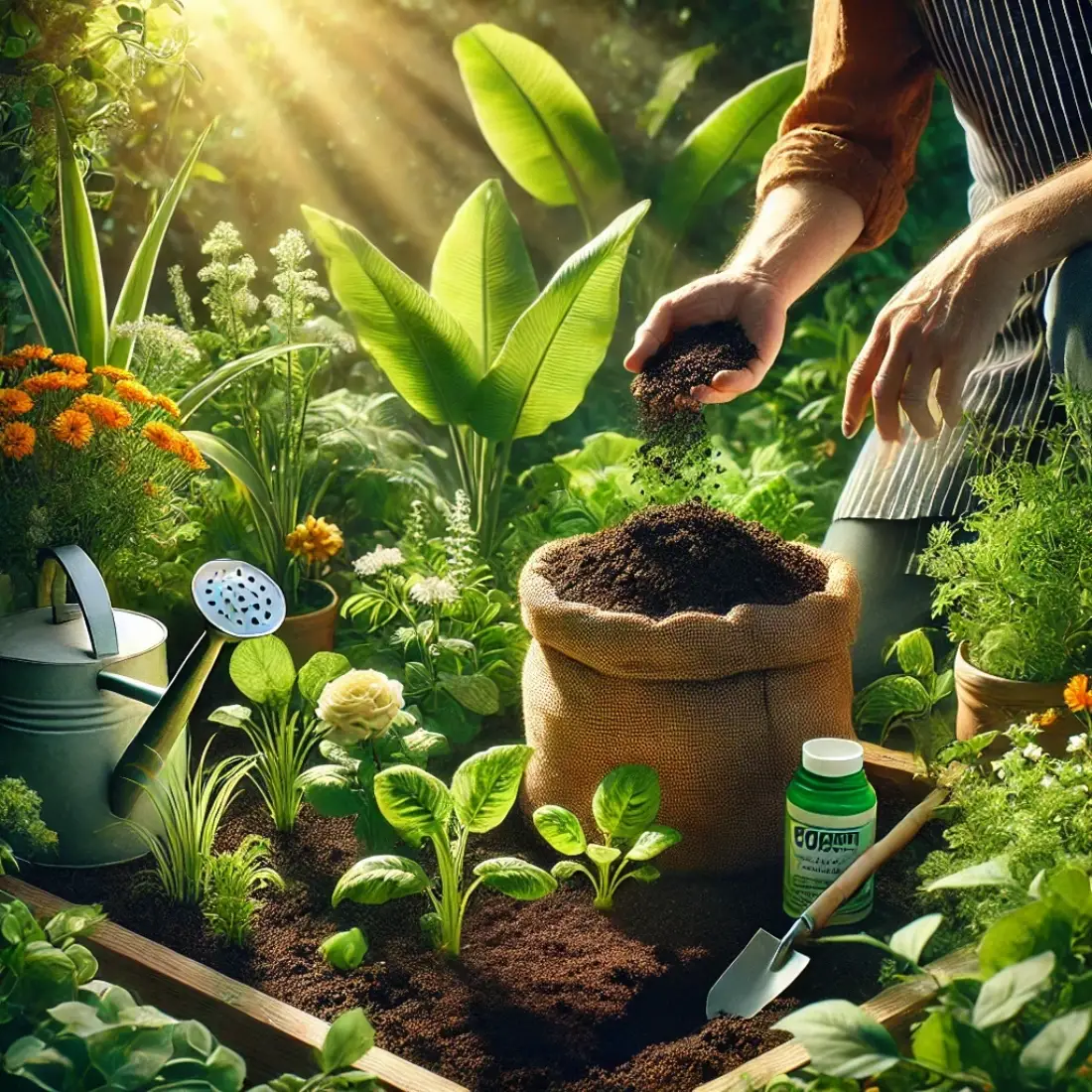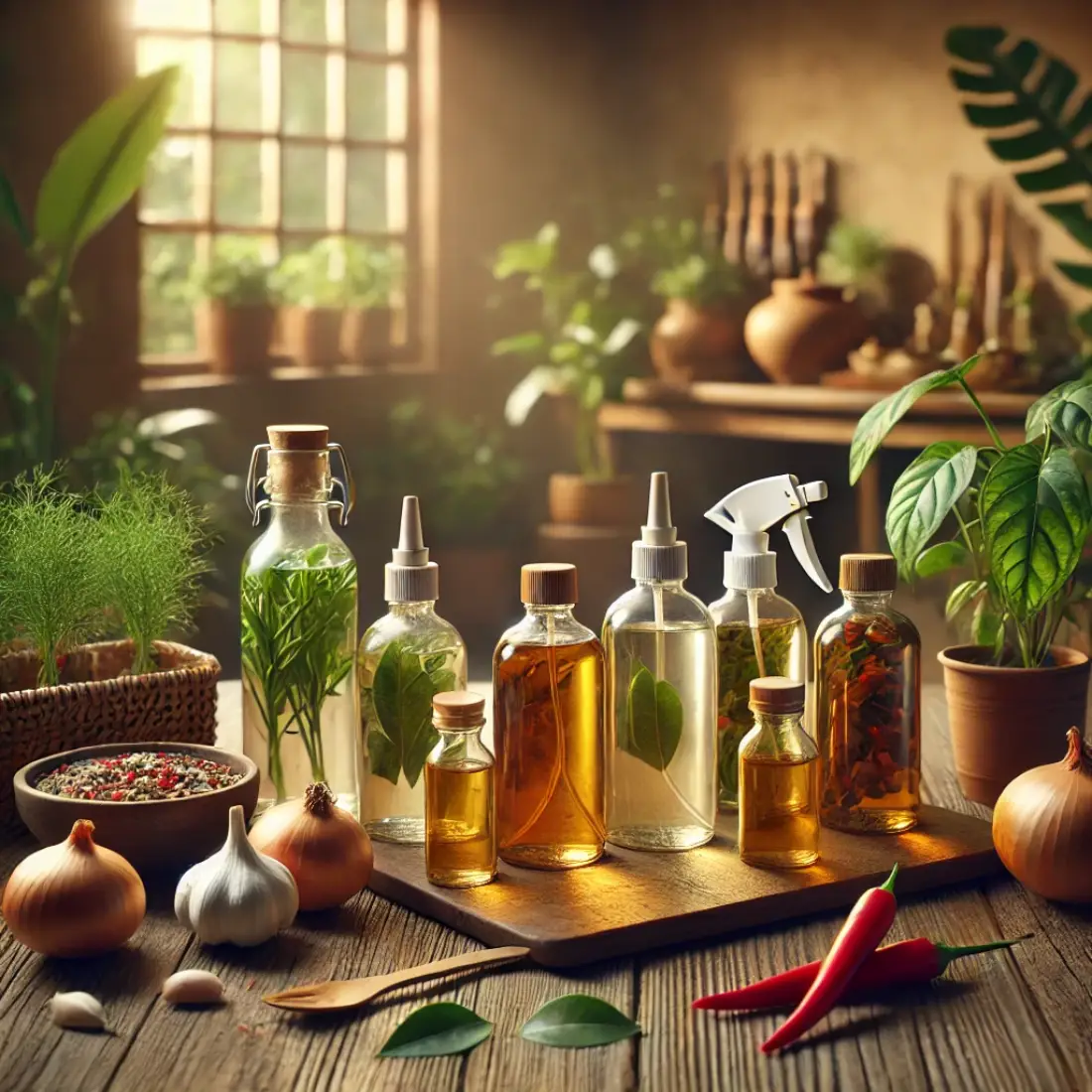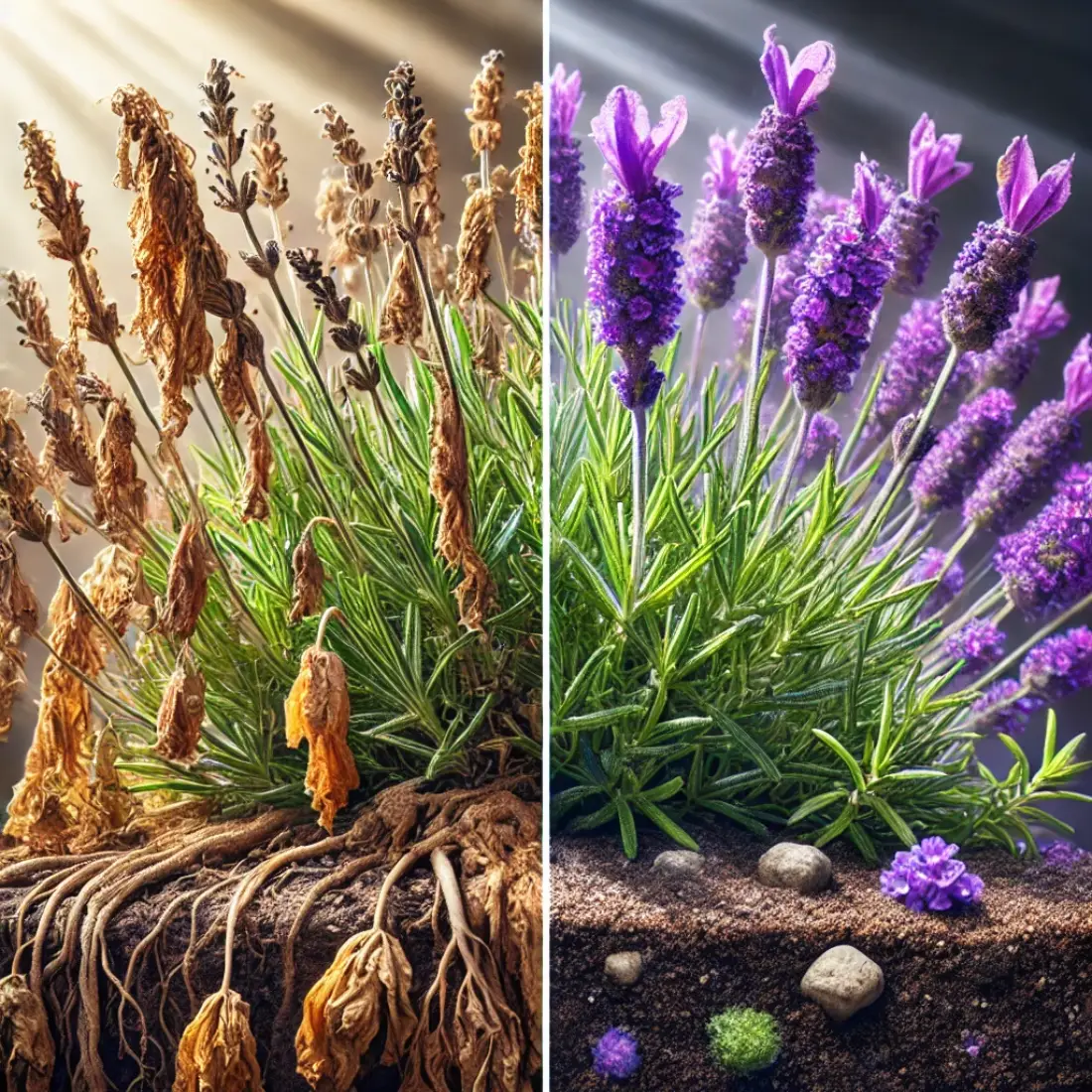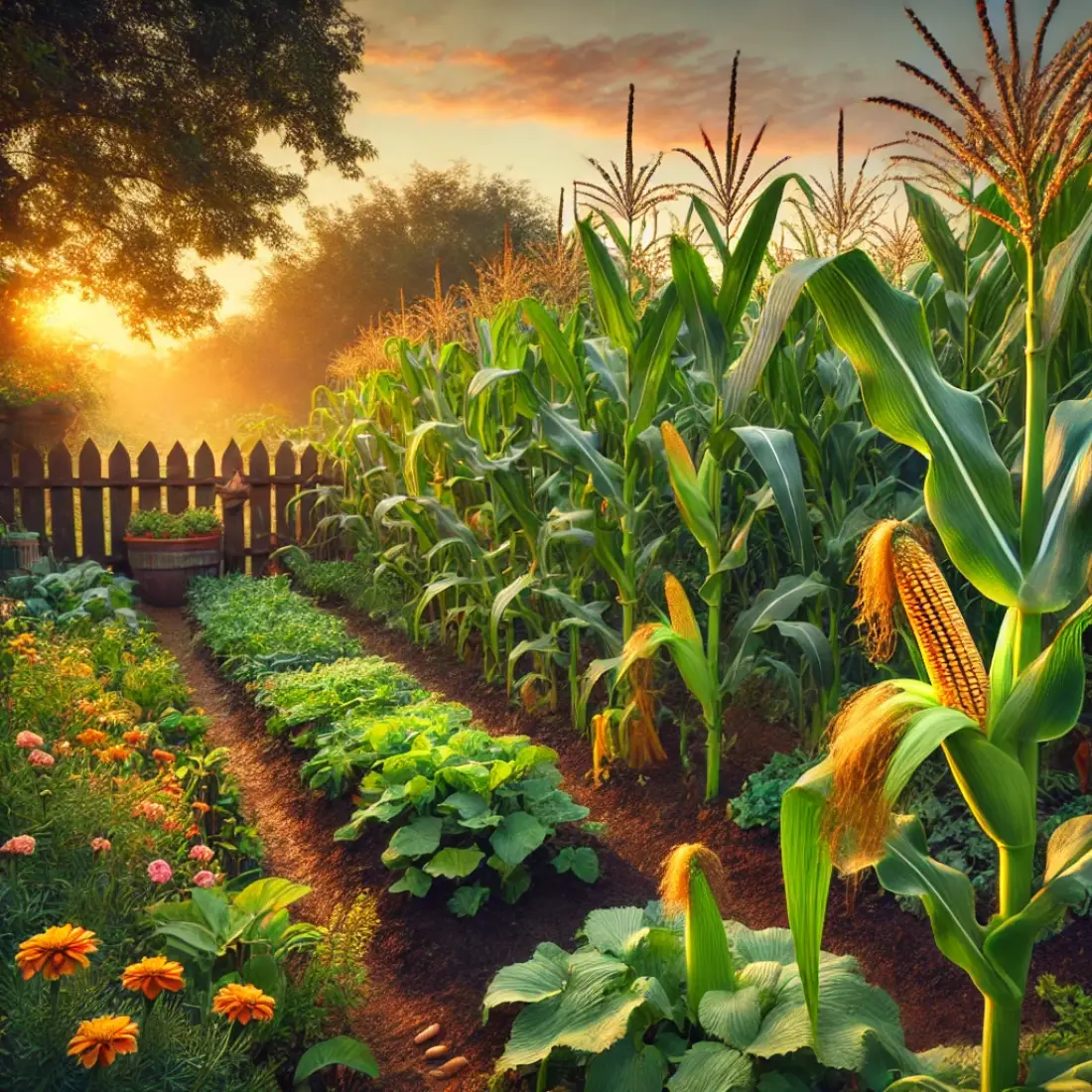Poor germination can lead to wasted seeds, delayed planting schedules, and reduced crop yields, ultimately affecting the overall success of a garden or farm. Identifying the causes of poor germination is essential for implementing effective solutions.
This is especially important when using organic methods, which rely on natural and sustainable practices to improve seed germination without the use of synthetic chemicals.
Causes of Poor Germination
Poor germination can be attributed to a variety of factors, ranging from environmental conditions to seed quality. Understanding these causes is crucial for addressing the issues and improving germination rates organically.
One of the primary environmental factors affecting germination is temperature. Seeds have optimal temperature ranges for germination, and conditions that are too hot or too cold can inhibit seed development. Additionally, light conditions play a significant role; some seeds require light to germinate, while others need darkness.
Incorrect light conditions can thus prevent proper germination. Another critical environmental factor is soil moisture. Both overwatering and underwatering can adversely affect germination, as seeds need consistent moisture but not waterlogged conditions.
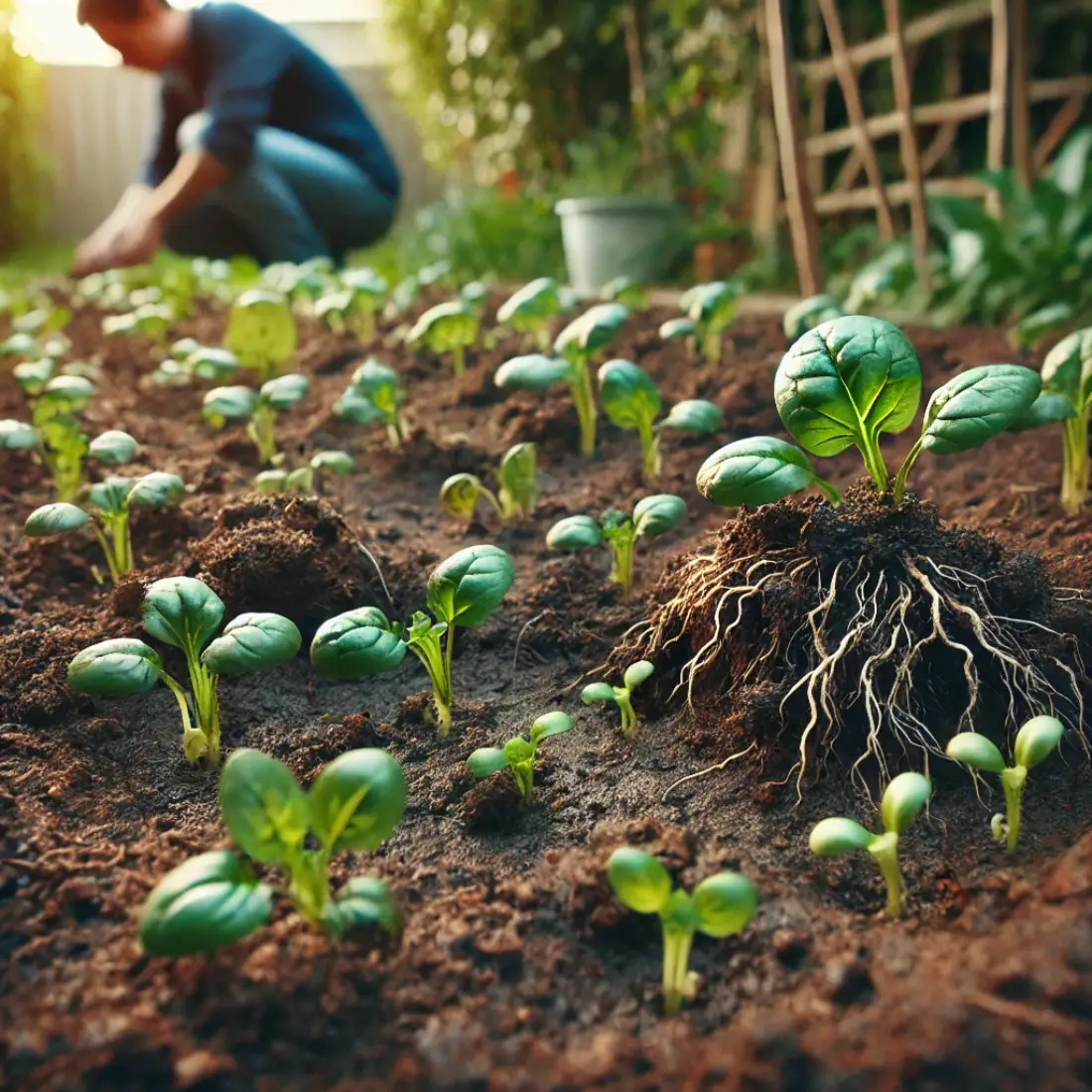
Soil conditions are another vital aspect to consider. The pH level of the soil is crucial, as most seeds germinate best in a slightly acidic to neutral pH range (6.0-7.0). Soil that is too acidic or too alkaline can hinder germination.
Compacted soil can also be a problem, as it restricts air and water movement, making it difficult for seeds to germinate. Furthermore, soils that do not drain well can cause seeds to rot before they have a chance to sprout.
Seed quality is an often overlooked but essential factor in germination success. Old or expired seeds lose viability over time, leading to poor germination rates. Additionally, seeds stored in humid or warm conditions can deteriorate quickly, reducing their ability to germinate. Low-quality or damaged seeds may also fail to germinate properly, regardless of other conditions.
Biological factors can also impact germination. Pests such as rodents or insects can eat seeds, while fungal and bacterial diseases can destroy seeds before they sprout. The presence of allelopathic substances, which are chemicals released by some plants into the soil, can inhibit the germination of other seeds, adding another layer of complexity to the issue.
Finally, planting techniques play a significant role in germination success. Planting seeds at the incorrect depth can prevent them from germinating properly; seeds planted too deep may not receive enough light, while those planted too shallow may dry out. Inconsistent seed spacing can also lead to competition for resources, reducing germination rates and seedling survival.
Organic Methods to Improve Germination
Improving germination rates organically involves addressing environmental, soil, seed quality, biological, and planting technique factors. Here are some effective organic methods to enhance germination:
Controlling Temperature
- Using Cloches or Row Covers: These can help maintain a stable temperature around seeds, protecting them from extreme cold or heat.
- Mulching to Stabilize Soil Temperature: Organic mulches like straw or leaves can help regulate soil temperature, keeping it within the optimal range for germination.
Ensuring Adequate Light
- Sowing in Sunny Locations: Planting seeds in areas that receive ample sunlight ensures they get the light needed for germination.
- Using Reflective Surfaces: Reflective materials can be placed around planting areas to increase light exposure for seeds that require light to germinate.
Managing Soil Moisture
- Regular Watering Schedule: Establishing a consistent watering routine helps maintain the necessary moisture level for seeds to germinate.
- Using Organic Mulch to Retain Moisture: Mulching with organic materials helps keep the soil moist, reducing the need for frequent watering.
Balancing Soil pH
- Adding Lime or Sulfur: To adjust soil pH, lime can be added to raise pH, while sulfur can be used to lower it. Both should be applied based on soil test results.
- Using Compost: Incorporating compost into the soil helps balance pH and improves overall soil health.
Reducing Soil Compaction
- Double Digging: This technique involves loosening the soil to improve aeration and root penetration.
- Incorporating Organic Matter: Adding compost or other organic materials can help loosen compacted soil, improving its structure and fertility.
Enhancing Soil Drainage
- Raised Beds: Planting in raised beds can improve drainage, preventing waterlogged conditions that can rot seeds.
- Adding Organic Material like Compost or Sand: These materials can improve soil texture and drainage.
Using Fresh, High-Quality Seeds
- Purchasing from Reputable Sources: Ensure you buy seeds from trusted suppliers known for quality.
- Saving Seeds Correctly: If saving your seeds, make sure they are harvested and stored properly to maintain viability.
Proper Seed Storage
- Cool, Dry Storage Conditions: Store seeds in a cool, dry place to prevent deterioration.
- Airtight Containers: Use airtight containers to protect seeds from moisture and pests.
Seed Treatments
- Soaking Seeds: Soaking seeds in water before planting can help speed up germination for some species.
- Scarification and Stratification: These techniques involve physically or chemically breaking seed dormancy to improve germination rates.
Managing Pests Organically
- Neem Oil: This natural pesticide can help protect seeds from insect damage.
- Companion Planting: Planting certain plants together can naturally deter pests.
Disease Prevention
- Crop Rotation: Rotating crops helps prevent the build-up of soil-borne diseases.
- Using Disease-Resistant Varieties: Selecting seeds that are resistant to common diseases can improve germination success.
Mitigating Allelopathy
- Avoiding Certain Plant Combinations: Be mindful of planting combinations that can inhibit germination.
- Composting Allelopathic Plant Residues: Properly compost plant residues that have allelopathic properties to neutralize their effects.
Correct Planting Depth
- Following Seed Packet Instructions: Always plant seeds at the depth recommended on the packet.
- Using Planting Tools for Accuracy: Tools like seed planters can help ensure seeds are planted at the correct depth.
Consistent Seed Spacing
- Using Seed Tapes or Spacing Templates: These tools can help plant seeds evenly, reducing competition and improving germination.
- Thinning Seedlings as Necessary: Remove excess seedlings to ensure adequate space and resources for the remaining plants.
FAQs about Improving Germination with Organic Methods
What are the most common causes of poor germination?
Poor germination can be caused by factors such as temperature extremes, inadequate light, poor soil moisture, imbalanced soil pH, compacted soil, poor seed quality, pests, diseases, and improper planting techniques.
How can I improve soil moisture for better germination?
Maintain a regular watering schedule, use organic mulch to retain moisture, and ensure good drainage to prevent waterlogging. These steps help keep the soil consistently moist, which is crucial for seed germination.
What are some organic methods to control pests that affect germination?
Use neem oil as a natural pesticide, practice companion planting to deter pests, and maintain healthy soil through composting and crop rotation to minimize pest issues.
How can I ensure my seeds are of high quality?
Purchase seeds from reputable sources, store them in cool, dry, and airtight conditions, and use fresh seeds when possible. Proper seed storage and handling can significantly improve germination rates.
What is the best way to adjust soil pH organically?
To raise soil pH, add lime, and to lower it, use sulfur. Incorporating compost can also help balance soil pH over time. Always test your soil before making adjustments.
How does temperature affect seed germination, and how can I control it?
Seeds have specific temperature ranges for optimal germination. Use cloches, row covers, and organic mulch to stabilize soil temperature and create favorable conditions for germination.
Why is soil compaction bad for seed germination, and how can I fix it?
Compacted soil restricts air and water movement, making it hard for seeds to germinate. Reduce compaction by double digging and incorporating organic matter like compost to improve soil structure.
Can soaking seeds before planting improve germination?
Yes, soaking seeds can soften the seed coat and speed up the germination process for some species. However, not all seeds require soaking, so it’s important to know the specific needs of the seeds you are planting.
What is allelopathy, and how does it affect germination?
Allelopathy is when certain plants release chemicals that inhibit the germination of other seeds. Avoid planting allelopathic plants near sensitive crops and properly compost plant residues to neutralize these effects.
How can I ensure proper planting depth and spacing for seeds?
Follow the planting depth instructions on seed packets and use tools like seed planters or spacing templates to plant seeds at the correct depth and distance apart. Thinning seedlings as necessary also helps ensure adequate space and resources for healthy growth.

